contributors
Erkin Oncan

Erkin Öncan, Turkish journalist focusing on war zones and social movements around the world.
Twitter: https://twitter.com/erknoncn
Telegram: https://t.me/erknoncn
all articles
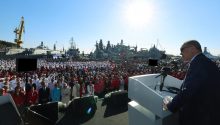

Regardless of what is said in politics, or what narratives are told, the degree to which a country is dependent on imperialism can best be understood by examining its political, economic, and military relations.


Numerous social media posts echoing the demand for Trump’s “attention” toward Kazakhstan have circulated online.


Following the U.S. attack on Venezuela, President Donald Trump’s renewed threats over Greenland have also triggered a crisis between Nuuk and Copenhagen.
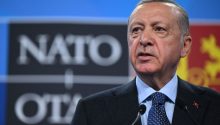

NATO is positioning Turkey in an even more dependent role in both political and military-technological terms in the period ahead.


Greenland is poised to become the next hot topic after Venezuela in Washington’s new foreign policy based on “hard power.”
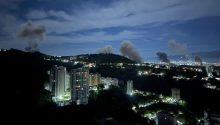

Will this Bolivarian country be integrated into the “Trump system” through a U.S.-backed “democratic transition,” along with its resources?


La nuova architettura di sicurezza che l’Europa sta costruendo sotto la bandiera della “democrazia” sposterà l’attenzione verso i paesi situati all’incrocio di tutti questi sviluppi.


The new security architecture that Europe is constructing under the banner of “democracy” will shift attention toward the countries located at the intersection of all these developments.
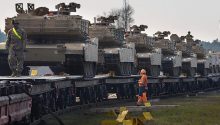

The issue is not just allowing tanks to cross borders easily; it is the reorganization of borders, cities, ports, highways, and budgets according to military logic.
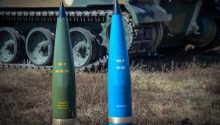

Public trust in defence spending — ultimately, for the proxy war against Russia in Ukraine — risks further erosion as taxpayers see an alliance unable or unwilling to police its own procurement processes.



